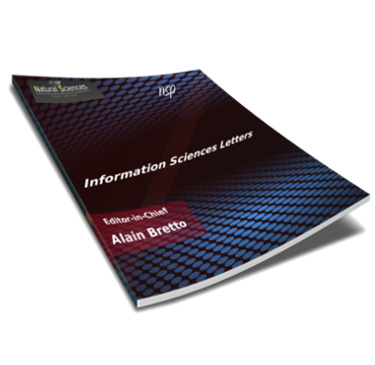
Information Sciences Letters
The Effectiveness of Using ChatGPT4 in Creative Writing in Arabic: Poetry and Short Story as a Model
Abstract
This research aimed to investigate the effectiveness of artificial intelligence, through its latest model, ChatGPT4, in producing creative writings in Arabic, especially in the fields of poetry and short stories. It also examined the effectiveness of using ChatGPT4 as a tool for human writers. In this respect, it investigated the ability of students to differentiate between creative writings through artificial intelligence and human creative writings. The research sample included 22 students selected from the American University of Ras Al Khaimah, Level 1 Language and Culture, who are not majoring in the Arabic language. The sample made negative reactions towards the texts that were generated through ChatGPT4, both in the field of poetry or the short story. Some of them refused to label the text that was generated as poetry or a short story, as the texts generated by ChatGPT4 were characterized by poor language, superficiality, a large number of linguistic and spelling errors, distance from the spirit of the language, lack of originality, stagnation, and strangeness of the words and expressions that were generated. In a sense, the language generated by ChatGPT4 was often no more than words composed next to each other and they did not suggest a clear meaning. It is also characterized by a lack of attraction and suspense, a lack of clarity, a loose plot, a separation from the culture and heritage in which the text was created, as well as a lack of emotion, speech inconsistency, and the use of words that are not in line with the purpose or context. The findings revealed that ChatGPT4 did not prove its worth as an aid to humans in creative writing in Arabic, as the ideas and expressions generated through the tool were disapproved by the students. Thus, the students were easily able to differentiate between the creative writing in Arabic, which was generated through ChatGPT4, and the writing created by humans.
Recommended Citation
Antar, D.
(2023)
"The Effectiveness of Using ChatGPT4 in Creative Writing in Arabic: Poetry and Short Story as a Model,"
Information Sciences Letters: Vol. 12
:
Iss.
12
, PP -.
Available at:
https://digitalcommons.aaru.edu.jo/isl/vol12/iss12/7

